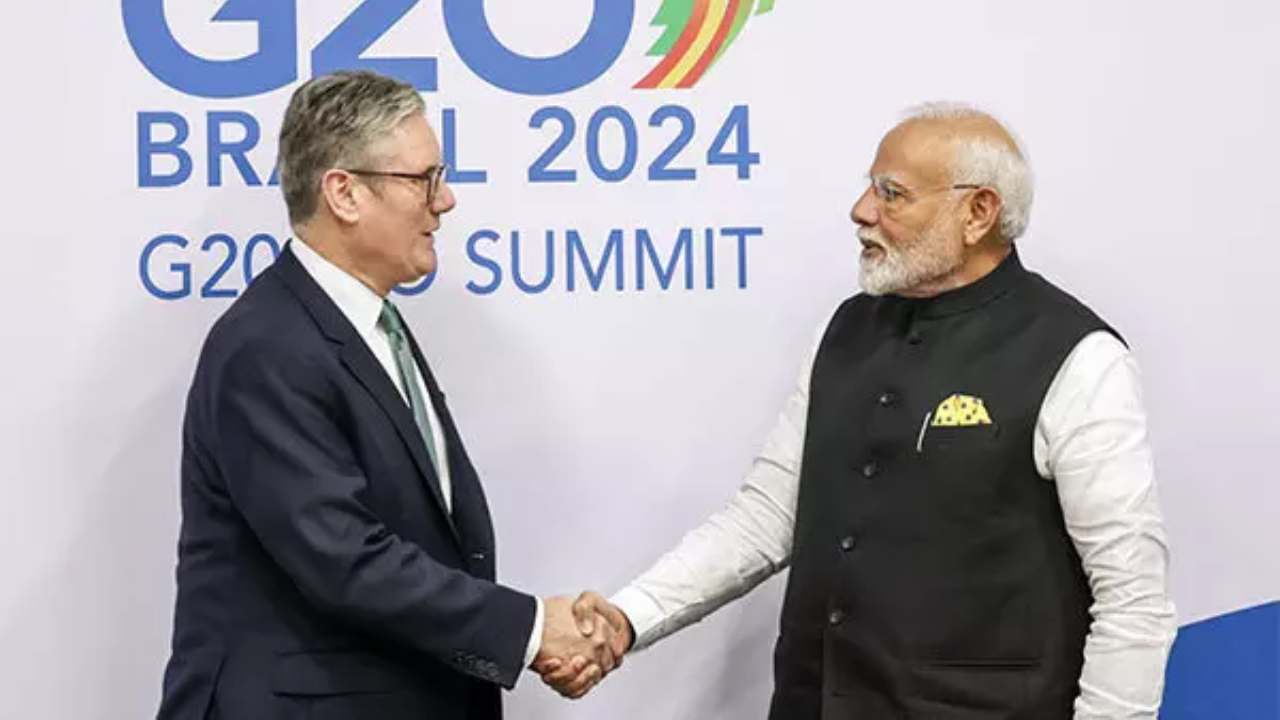New Delhi, May 7, 2025 — In a landmark move under the new India-UK Free Trade Agreement (FTA), thousands of Indian professionals working temporarily in the United Kingdom will no longer need to pay into the UK’s social security system, potentially saving 20% of their salary.
The newly concluded Social Security Pact—also referred to as the Double Contribution Convention—exempts Indian workers and their employers from paying social security contributions in the UK for up to three years. The agreement targets professionals on short-term assignments, especially in the IT and tech sectors.
)
The Indian Ministry of Commerce hailed the pact as an “unprecedented achievement” that is expected to benefit over 60,000 Indian employees, especially those from the IT industry. The financial relief could exceed Rs 4,000 crore annually in combined savings for workers and companies, officials said, according to India Today.
Why the Social Security Pact Matters
Until now, Indian professionals on temporary UK assignments had to contribute to UK social security—despite not being eligible for benefits upon returning to India. With this agreement, they are exempt from dual contributions, a move aligned with India’s existing social security pacts with nations like Germany, France, South Korea, and the Netherlands. For a full list of countries, visit the EPFO’s official page on international workers.

Indian companies, especially tech firms, have long urged for this relief to lower operational costs when sending workers on overseas assignments. The exemption makes Indian service providers more competitive in the UK market, where employer National Insurance Contributions (NICs) recently increased.
UK Political Backlash
The announcement, however, has stirred political controversy in Britain. Several opposition leaders, including Conservative MP Kemi Badenoch, criticised the deal, calling it unfair to British workers. Badenoch claimed she had refused the deal when serving as Trade Secretary, labeling it a “two-tier tax system” that could make Indian workers cheaper to hire than their UK counterparts.
Other parties, including the Liberal Democrats and Reform UK, echoed similar concerns, stating the move might disadvantage domestic labour during a time of economic pressure. According to the BBC, opposition members warned that the UK could lose “hundreds of millions” due to the three-year exemption on social security contributions.
Strategic Implications
This development is part of India’s broader strategy to establish social security agreements globally to protect its overseas workforce. The exemption will also serve as a blueprint for future trade pacts with countries where Indian professionals face similar dual-contribution challenges.
As India continues to leverage its skilled workforce in global markets, such bilateral arrangements will play a key role in reducing financial burdens on expatriates while improving market access for Indian service providers. For detailed coverage on the economic impacts, you can read PTI’s report on the India-UK pact.
Conclusion
The India-UK social security pact under the FTA represents a major milestone for India’s global labour mobility agenda. By eliminating redundant contributions, it provides immediate economic relief to professionals and businesses, while strengthening India’s negotiating position on the world stage.
For more on how this impacts immigration and labour trends, read our article on the Impact of UK Immigration Policies on Indian Workers.









